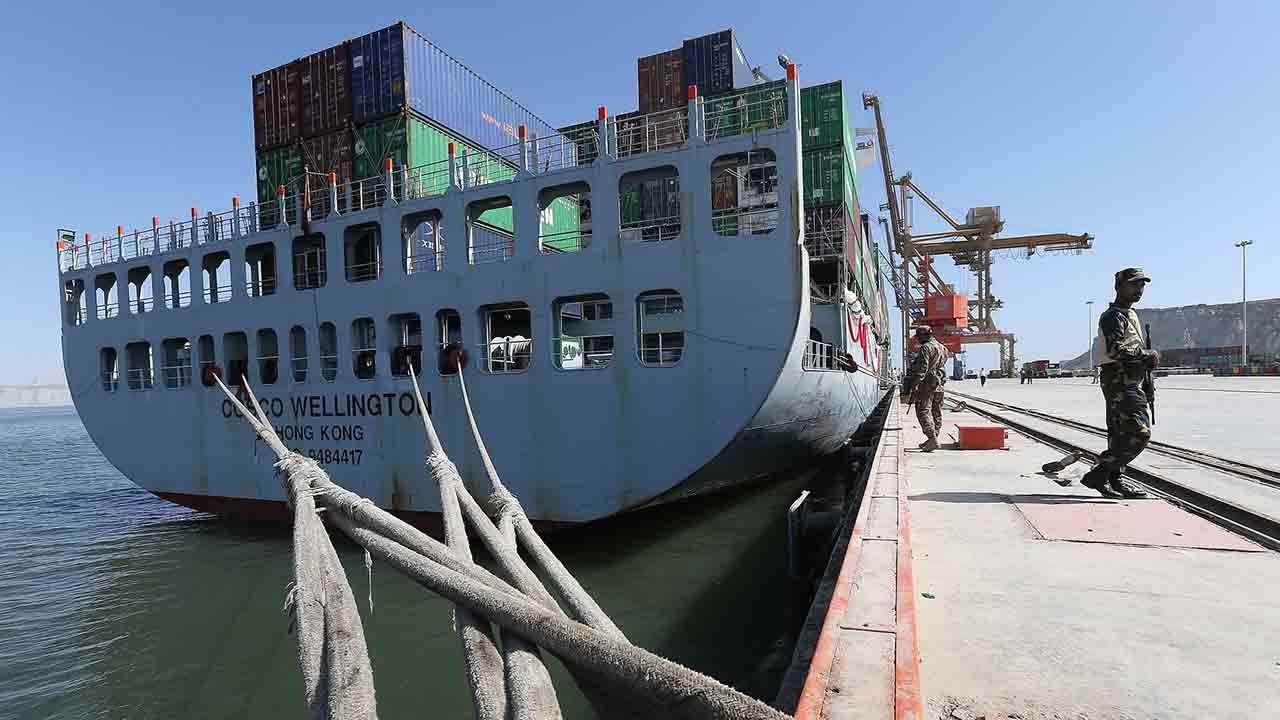
China
15:33, 02-Oct-2017
China to help Pakistan overhaul communications system
By Nadeem Gill

China and Pakistan are working on a massive project to develop a communications system which is not routed through Europe, the US and India, Pakistan's English-language daily DAWN has reported.
The plan, part of the 55 billion US dollar China Pakistan Economic Corridor (CPEC) project, includes a comprehensive 21-page framework specific to communications.
The project, which aims to revamp Pakistan's communications framework, comprises of components such as a new submarine landing station for Internet traffic flow, e-governance and digital TV, the report said.
The most crucial component, according to the paper, is a new, upgraded fiber optic cable network which spans Pakistan and crosses the border to connect directly with China.
The cross-border cable aims to address multiple challenges faced by China and Pakistan. Firstly, it is said it will boost communication between the two countries.

A member of the Pakistan Navy at the Gwadar port in Pakistan's Balochistan Province April 12, 2016. Pakistan signed an agreement earlier this year with China for the operation of the port. /Reuters Photo
A member of the Pakistan Navy at the Gwadar port in Pakistan's Balochistan Province April 12, 2016. Pakistan signed an agreement earlier this year with China for the operation of the port. /Reuters Photo
With "deepening comprehensive strategic cooperation" comes the need to establish high-speed, dependable connectivity – and perhaps most critically - communication that is not routed through the US, Europe and India", the paper said.
China also has its growing international telecommunications service demands in mind which, if not addressed, may end up exposing "a huge gap" in the country's international bandwidth.
If actualized according to the long term plan, the new interface will be beneficial to the South Asian nation by advancing penetration and speeding up Internet connection, particularly in Gilgit-Baltistan and Balochistan, regions where Internet connectivity has ranged from poor to non-existent. It should also lower the cost of internet access.
The report underlined that linking with the rest of the world through China will contribute to reducing Pakistan's dependence on undersea cables that carry the country's Internet traffic.
If a fault occurs in the undersea cables, the document said, an alternative route would be in place.
The new network would provide landlocked central Asian states a new, more cost-effective and shorter route for connectivity.
A consortium, which has Indian companies either as partners or shareholders, developed the existing fiber-optic network that Pakistan uses to connect to the world.
Surveillance of communication is viewed as a security concern.
In January this year, Director General of the Special Communications Organisation (SCO) Major General Amir Azeem Bajwa told Pakistan's National Assembly Standing Committee on Information Technology that some incoming and outbound Internet traffic routed through India posed a security risk for Pakistan.

SITEMAP
Copyright © 2018 CGTN. Beijing ICP prepared NO.16065310-3
Copyright © 2018 CGTN. Beijing ICP prepared NO.16065310-3